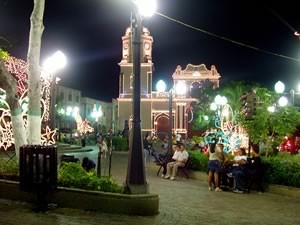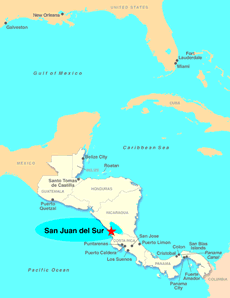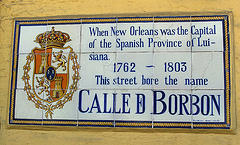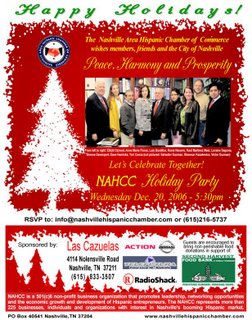
A gut check before changing citizenship
Tennessean columnist Saritha Prabhu describes the soul-searching required before she and her husband became U.S. citizens. They realized that identity is not easily left behind."It's not for nothing that your homeland is sometimes called your motherland, and if you aren't ready, it could feel a little like trading in your mother for a richer, more glamorous one. Our emotions at the time were a mixed stew — gratitude for this country, pride in many of its values and a sense that we were about to gain something by losing something."
"In this nation of many disposable things, your identity, as many immigrants find, isn't readily disposable. And you should probably question the loyalty of someone who switches allegiance instantly. If something better than U.S. citizenship came along — a hypothetical something — would they readily jump ship then?"
Similar sentiment is featured in this op-ed contribution in today's New York Times. Titled, "No Place Like Home," the piece notes the remembrances of home that are especially powerful during the holiday season:
Sometimes I think that I remember my Decembers in a sharp manner, simply because of the very fact that I have been gone from my home country for the best part of two decades. I can hear the tick of the white radiator on Christmas morning. I can touch the moist cloth as it’s taken off the Christmas pudding. I can feel the wool of the new Dunnes Stores sweater worn tentatively the morning after, scared that my friends might bellyache over the ridiculous diamond pattern. I recall hiding the new woolly gloves in the outside hedges — they looked far too girly to be worn to a soccer match. And I can still feel the thrum of the secondhand bike tires beneath my feet. ...
Indeed, all of these times now — with my own children, my American children — are full of the times back then.
Pradhu's column is her second in a series exploring the naturalization process through her personal experience (first column here).






















 On Saturday January 6, 2007 at 3:00 pm the Nashville Area Hispanic Chamber of Commerce in conjunction with the Hispanic Organization for Progress and Organization (HOPE) will host a FREE Spanish-language forum at the Main Library, 350 Pageant Lane, Clarksville, TN 37040.
On Saturday January 6, 2007 at 3:00 pm the Nashville Area Hispanic Chamber of Commerce in conjunction with the Hispanic Organization for Progress and Organization (HOPE) will host a FREE Spanish-language forum at the Main Library, 350 Pageant Lane, Clarksville, TN 37040.


 December 5, 2006
December 5, 2006
 "Naval Intelligence reports approximately 1200 Cubans left Havana this morning. Approximately 700 turned back due to severe weather, some 350 are missing and presumed dead, 137 have been taken into custody in Miami and are seeking asylum."
"Naval Intelligence reports approximately 1200 Cubans left Havana this morning. Approximately 700 turned back due to severe weather, some 350 are missing and presumed dead, 137 have been taken into custody in Miami and are seeking asylum." 